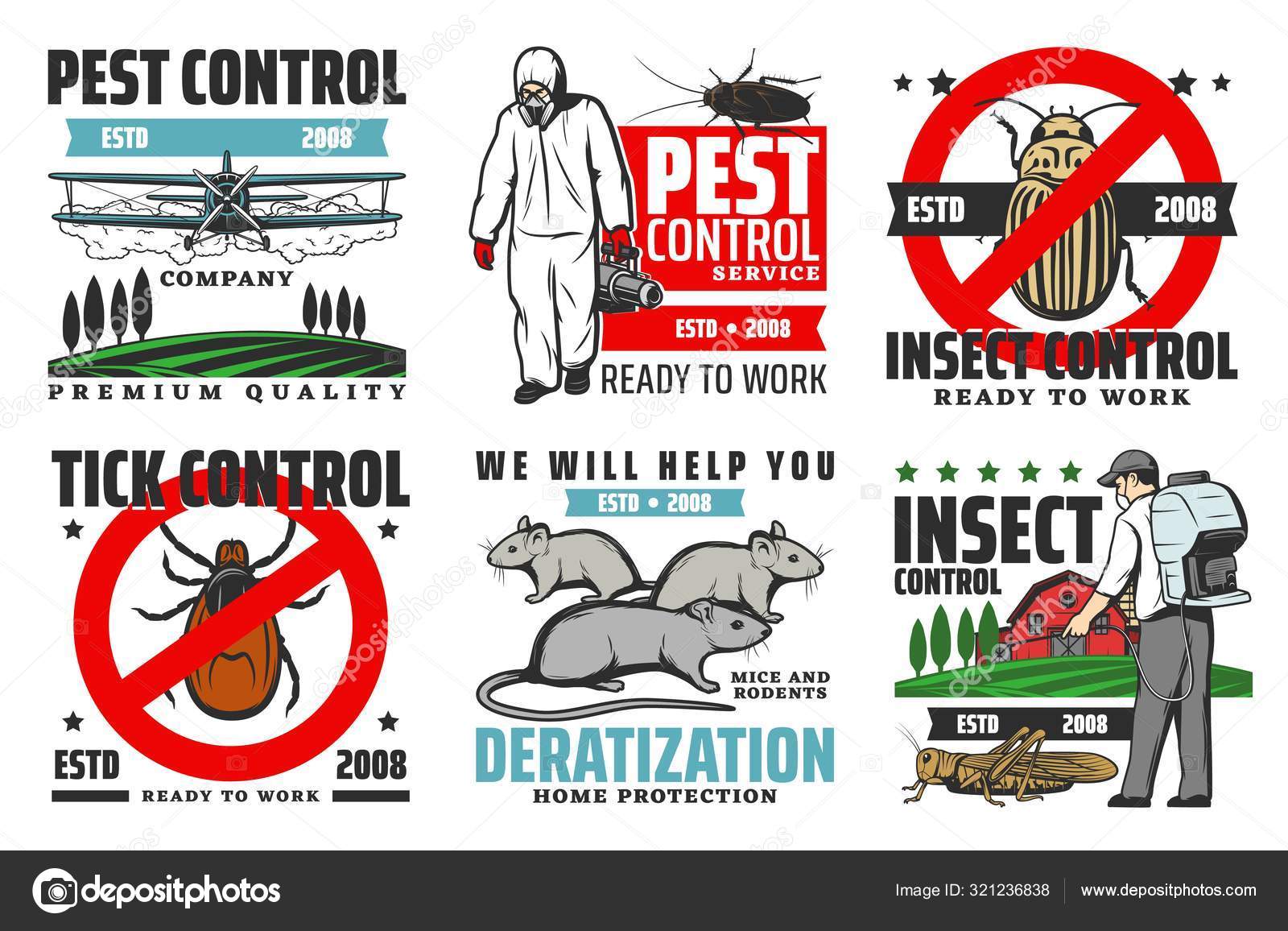Budget-friendly Pest Control Clovis: Solutions Tailored to You
Budget-friendly Pest Control Clovis: Solutions Tailored to You
Blog Article
Understanding the Various Approaches to Parasite Control: A Comprehensive Overview

All-natural Insect Control Methods
Using eco-friendly strategies such as friend growing and biological parasite control is vital for successfully managing bugs in farming setups. Friend growing includes growing different plants in closeness to hinder pests, improve nutrient uptake, and enhance general plant health and wellness. For instance, growing marigolds alongside tomatoes can help fend off nematodes. Intercropping maize with legumes can interrupt the reproduction patterns of parasites like corn borers.
Organic pest control involves presenting all-natural killers or microorganisms to regulate pest populations. Ladybugs, for example, prey on aphids, controlling their numbers without the requirement for chemical pesticides. Another instance is making use of Bacillus thuringiensis (Bt), a bacterium that targets certain insect parasites while being safe to human beings, pets, and helpful bugs.
These environment-friendly approaches not just decrease the dependence on artificial pesticides but likewise help preserve biodiversity and soil wellness. By including all-natural parasite control strategies right into farming practices, farmers can attain lasting bug administration while reducing negative effects on the atmosphere.

Chemical Pest Control Solutions
In enhancement to all-natural insect control techniques, the utilization of chemical parasite control remedies plays a substantial role in effectively managing pest populations in agricultural settings. Chemical parasite control remedies are created to target details insects that might cause comprehensive damages to crops. These options often contain artificial chemicals that are designed to eradicate insects promptly and successfully.
Among the crucial benefits of chemical parasite control solutions is their performance in regulating parasite invasions widespread. Farmers can apply these solutions utilizing numerous techniques such as spraying, fumigation, or seed treatment to protect their crops from damaging insects, weeds, and diseases. Additionally, chemical parasite control options are relatively easy to use and can give rapid results, aiding farmers guard their returns and reduce financial losses.
Nonetheless, it is necessary to use chemical pest control remedies judiciously to lessen potential negative influence on the environment, non-target organisms, and human health and wellness. Proper application techniques, adherence to safety standards, and normal monitoring are essential to ensure the responsible use chemical parasite control solutions in farming methods.
Organic Bug Control Approaches
Organic insect control approaches utilize natural killers or microorganisms to manage parasite populations in farming setups properly. check This method supplies a eco-friendly and sustainable option to pest administration, lowering the dependence on synthetic chemicals and lessening injury to the environment. One usual biological control technique is the introduction of natural opponents, such as ladybugs or parasitic wasps, to target particular bugs. These predators feed on the insects, assisting to manage their populations normally - pest control clovis.
An additional organic control technique entails using virus like viruses, fungis, or microorganisms to infect and kill pests. On the whole, biological pest control approaches provide a sustainable and targeted option to pest management in farming.
Integrated Pest Monitoring (IPM)
Integrated Pest Administration (IPM) is an extensive method that integrates different insect control methods to properly manage and reduce pest populaces in farming systems. IPM focuses on long-term prevention of pests with a mix of organic, cultural, physical, and chemical control approaches. By incorporating these various methods, IPM aims to decrease dependence on chemical pesticides, reduce ecological effect, and advertise lasting bug administration practices.
One key aspect of IPM is the usage of biological controls such as natural killers, parasites, and virus to control bug populaces. This technique harnesses the power of nature to preserve a balance between insects and their natural enemies without creating injury to the setting.
Additionally, IPM includes cultural practices like plant rotation, habitat, and sanitation control to develop unfavorable problems for insects and interrupt their life cycles. Physical controls such as composts, catches, and barriers are likewise utilized to avoid pest invasions.
Mechanical and Physical Parasite Control Methods
Using non-chemical approaches, such as mechanical and physical parasite control methods, is a crucial aspect of comprehensive bug monitoring strategies, developing upon the structure of Integrated Bug Administration's holistic method. Mechanical insect control entails making use of physical barriers or catches to stop pests from accessing and damaging crops or structures. This approach can consist of strategies like setting up displays on home windows, making use of row covers in farming, or utilizing sticky catches to capture bugs.
Physical insect control techniques, on the various other hand, focus on straight getting rid of pests through physical means. Making use of warmth therapies to remove bed insects or vacuuming up pests like spiders or ants can be reliable means to handle infestations without the use of chemicals. By including these physical and mechanical parasite control methods right into an Integrated Insect Administration plan, specialists and individuals can minimize dependence on chemicals while still effectively handling pest populations and reducing damage.
Final Thought

In enhancement to natural parasite control techniques, the use of chemical pest control remedies plays a significant duty in effectively handling pest populaces in agricultural settings.One of the key benefits of chemical pest control remedies is their efficiency in regulating pest infestations on a large range.Integrated Insect Monitoring (IPM) is an extensive approach that combines different insect control techniques to effectively manage and minimize pest populations in farming systems.Using non-chemical techniques, such as physical and mechanical bug control strategies, is an essential aspect of thorough insect management methods, building upon the structure of Integrated Insect Monitoring's all natural strategy. By incorporating these mechanical and physical bug control techniques right into an Integrated Parasite Administration strategy, people and experts can lower reliance on chemicals while still efficiently minimizing and handling pest populations damage.
Report this page